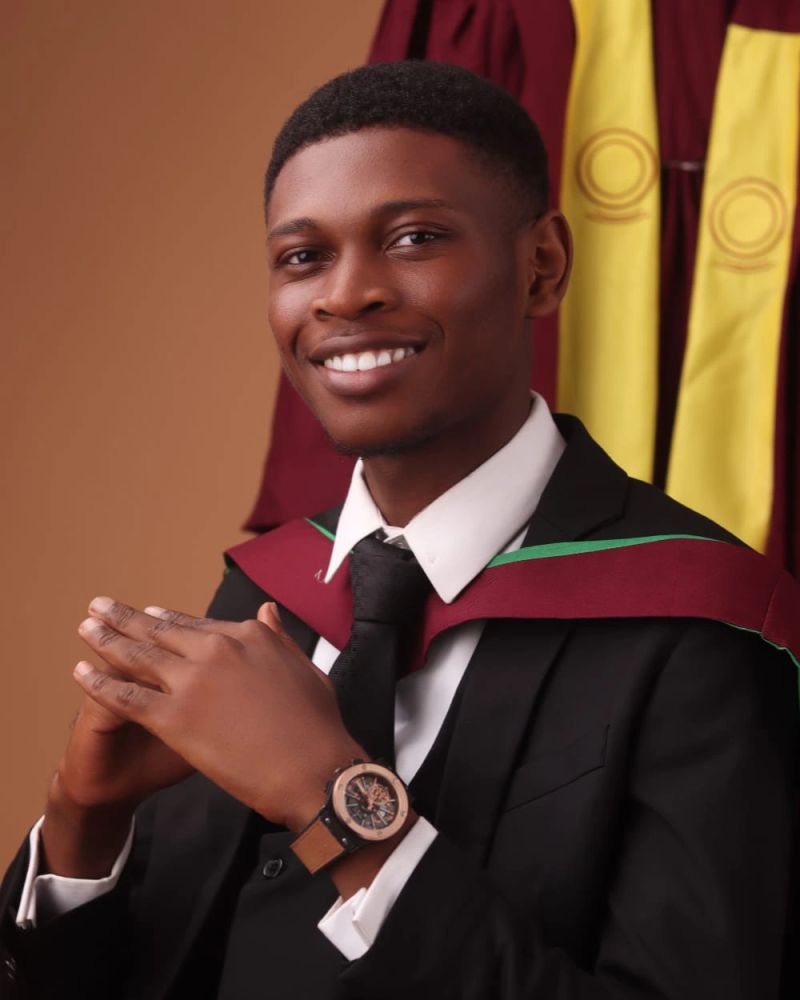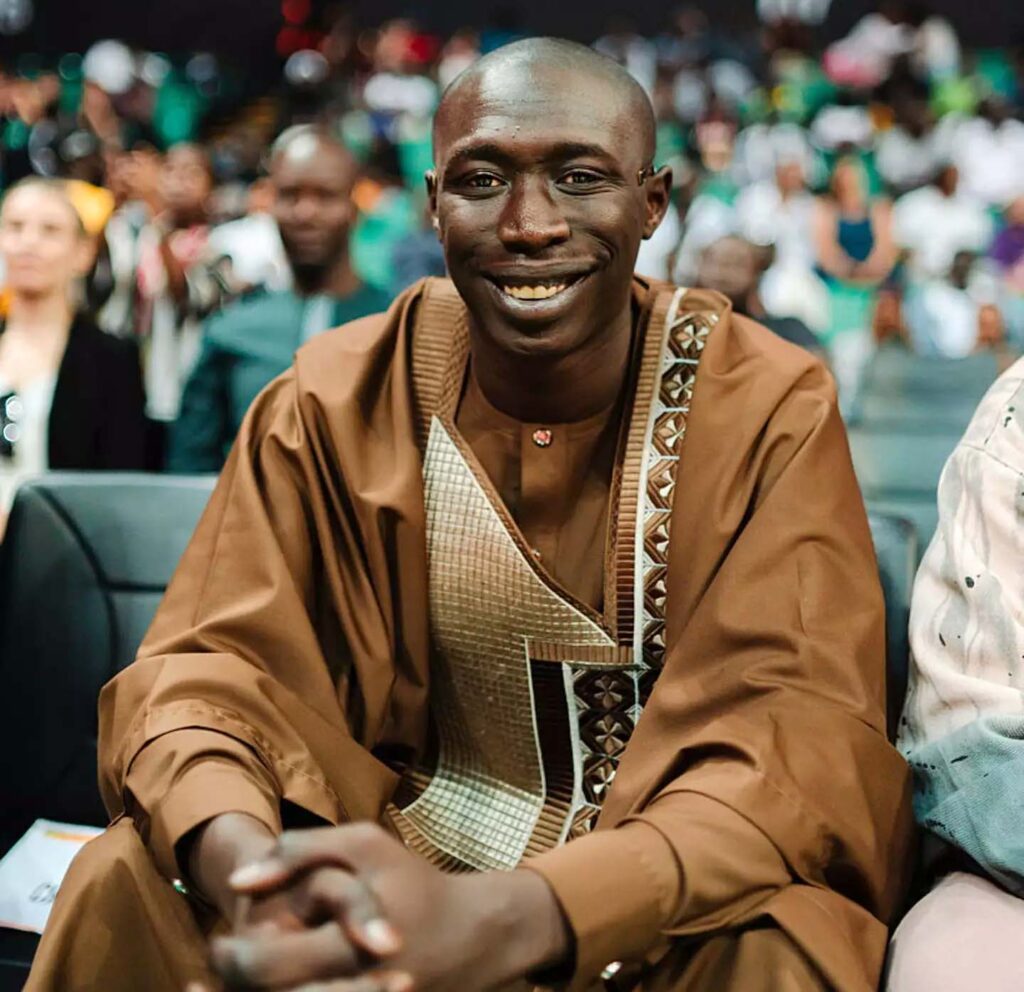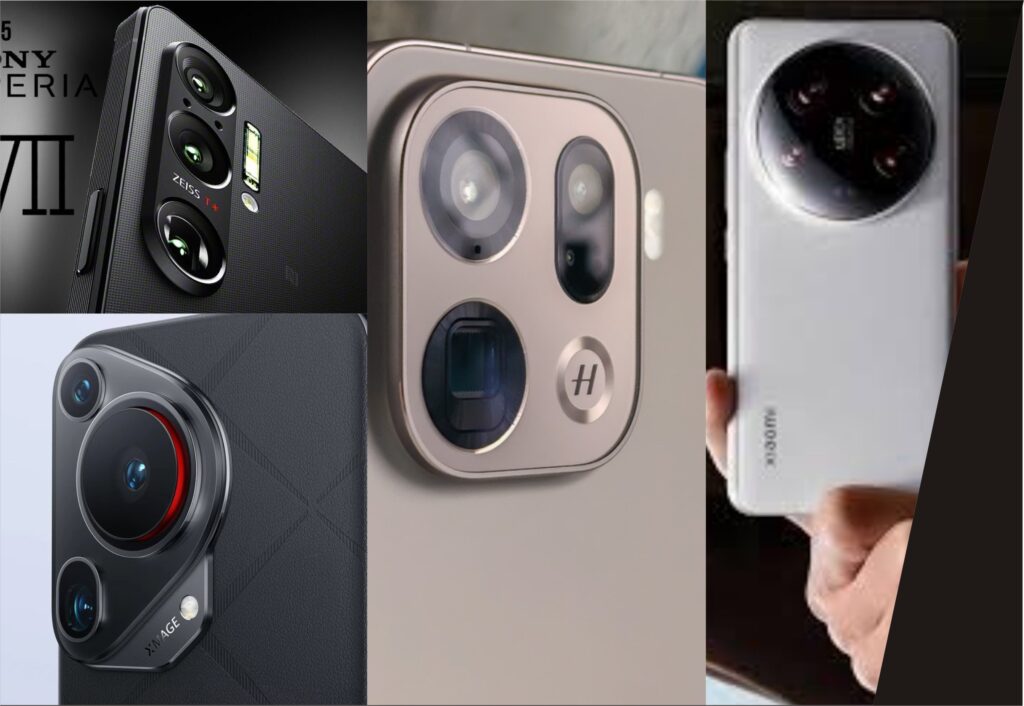
In Vogue‘s Forces for Change September issue, the best-selling author shares what she wishes for women in the future.
Few authors working today have had an impact like Chimamanda Ngozi Adichie. Regarded as one of the most original writers of her generation, Adichie’s novels, which include Purple Hibiscus (her first, published when she was just 26 years old), Half of a Yellow Sun and Americanah have been read, and loved, by millions, claiming some of the most prestigious prizes in literature along the way.
But it was her now legendary 2012 TEDxEuston talk, and subsequent book, We Should All Be Feminists – in which she explored, from a personal viewpoint, what 21st century feminism means – that struck a chord and found her a new audience beyond fans of her fiction. The essay, which sold 850,000 copies in three days when it was published in 2014, has been widely credited as kickstarting a global conversation about feminism, inspiring everyone from Beyoncé (who famously used Adichie’s words in her track Flawless) to Dior’s Maria Grazia Chiuri, who emblazoned the title across T-shirts. It has become an everyday mantra. And with her 2017 follow up, Dear Ijeaweale: A Feminist Manifesto in Fifteen Suggestions, Adichie, 41, has cemented her transformation from bestselling author to feminist authority.
For all these reasons, when it came to compiling a dream list of women who should feature on Vogue’s Forces for Change cover, Ms Adichie was at the top. “Policy is important, laws are important but changing cultural norms and mindsets matter even more,” came Adichie’s response, when Vogue asked how we can bring about change. “Take ambition, for example. We praise ambitious men, and judge ambitious women. The behaviour is the same; the body exhibiting it is different.”
Although Adichie’s writing has succeeded in opening up dialogue about gender inequality, her work – and ours – is far from done. “I long for a world where women can show a wide range of complex human emotions without the risk of societal censure,” she says. “I long for more stories of women who are strong without being superheroes, who do not need to be extraordinary to be admirable.”
Credit: Vogue





